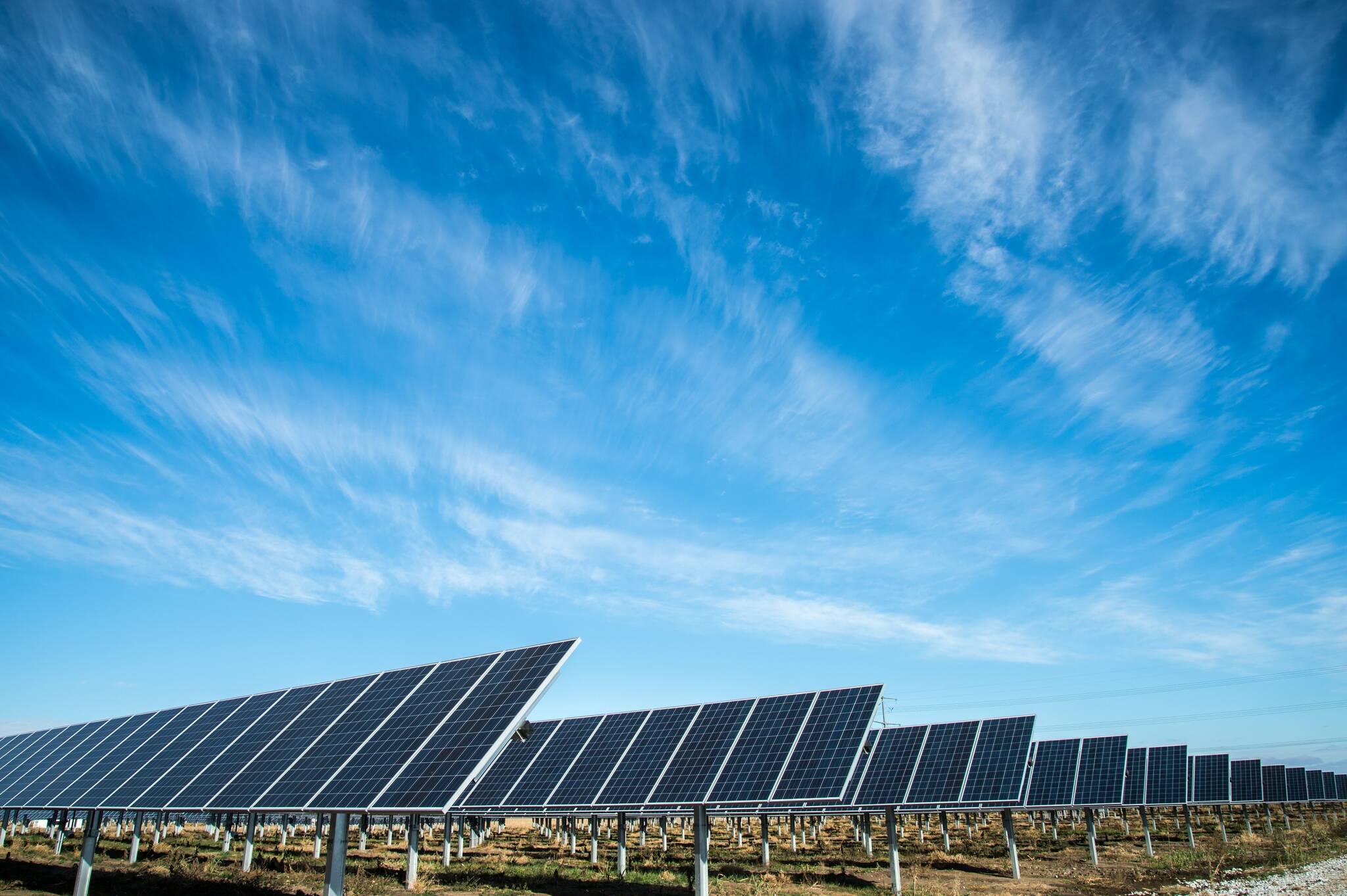By Kay Brown and Kate Troll
The war in Ukraine intensifies the urgent need to end the era of global conflict over fossil fuels and accelerate the transition to renewable energy.
The interlocking crises of the war in Ukraine and run-away climate warming have converged to make it even more urgent than ever to accelerate the transition to clean renewable energy and end the era of fossil fuels. Continuing reliance on fossil fuels prolongs the volatility and global insecurity of the energy supply for the U.S. and our allies. By rapidly transitioning to renewable energy we will stop empowering dictators like Putin who use fossil fuel revenues to bankroll unprovoked war, destabilize world security and terrorize millions.
A rapid transition to renewables is fundamental if we are to forestall the worst effects of an impending and intensifying climate catastrophe. The latest IPCC report makes clear that climate change is already on track to significantly degrade life on Earth, causing massive dislocation, hunger, disease, suffering and political instability, but many of the risks can still be prevented or lessened with prompt action.
Military leaders understand that climate change threatens national security. Former Secretary of the Navy Ray Mabus said this week that Europe’s dependence on oil & gas “emboldened Putin,” and that there is an “urgent need to move the world to alternatives.”
Big Oil is clearly profiteering from the circumstances exacerbated by Putin’s war — making record profits on the anxiety over potential supply disruptions that are driving high prices even higher.
Who benefits from high prices at the pump? Big Oil. In 2021, Shell, Chevron, BP and Exxon made a total of over $75 billion in record-high profits and used these to shower billions on their shareholders and executives.
Big Oil has always been and is still all about maximizing profits. As revealed in interviews and public statements over the past few weeks, their leaders owe fealty to their shareholders, not to meeting the production needed for a wartime response to Putin’s aggression and lowering prices for consumers.
That’s why a windfall profits tax & rebate plan now being considered by Congress is justified and needed to help Americans weather current energy price spikes and to help fund the transition to renewables.
Pursuing an “all-of-the-above” long-term energy strategy that would continue our dependence on fossil fuels is beyond reckless, in light of the rapidly accelerating climate catastrophe. Time is running out to take corrective action, and building new fossil fuel infrastructure would keep us hooked for many more decades on climate-wrecking, expensive and volatile fossil fuels.
Alaska’s often-touted headline fossil fuel projects — opening ANWR, building a gasline from the North Slope to year-round open tidewater — would take more than a decade to produce anything and have no effect on the current crisis.
Although natural gas is promoted by industry apologists as a clean and desirable “bridge” fuel, it is far from clean compared Alaska’s rich renewable energy endowment. Natural gas emissions from exploration and development and aging fields plus continued burning of natural gas for heating and electricity will have an enormous negative climate impact over the next 30 years when we need to significantly curtail emissions to avoid the worst catastrophic effects of global climate change.
We need massive federal support now on a wartime scale to help accelerate conversion to 100% clean renewable energy. Under a new “clean energy for America” banner, federal leaders should draw on our rich history of national mandates to solve big challenges, including the electrification of America starting in the 1930s under the Rural Electrification Administration, and the federal aid highway act of 1956 (aka National Interstate and Defense Highways Act) under Eisenhower.
Additionally, the Biden administration should use the Defense Production Act to scale up manufacturing of clean energy technologies such as air-source heat pumps, which could help Europe offset its dependence on Russia’s gas.
Investments from the state of Alaska are also needed. The Alaska Renewable Energy Fund should be extended beyond its current sunset of 2023 and funded with a fresh round of seed capital.
Accelerating the transition to renewable energy is the most realistic, reliable and pragmatic approach to achieving true energy independence and security. Hopefully our leaders can build on the near-unity of support for Ukraine to find the political will to move forward to a clean energy future.
• Kay Brown is a former state representative and former director of Oil and Gas for the state of Alaska. Kate Troll is a former member of the Juneau Assembly and currently serves on the board of Renewable Juneau. Columns, My Turns and Letters to the Editor represent the view of the author, not the view of the Juneau Empire. Have something to say? Here’s how to submit a My Turn or letter.

